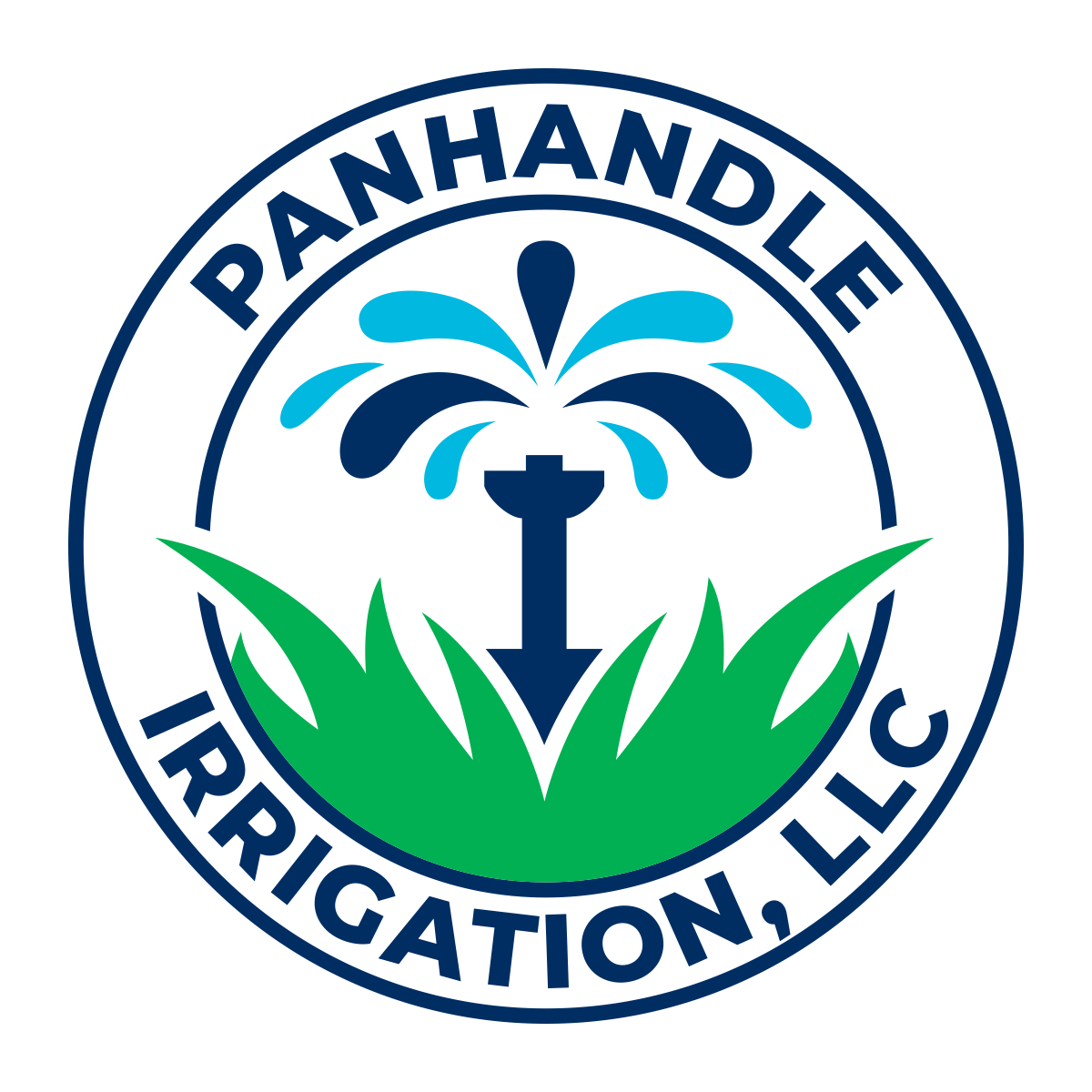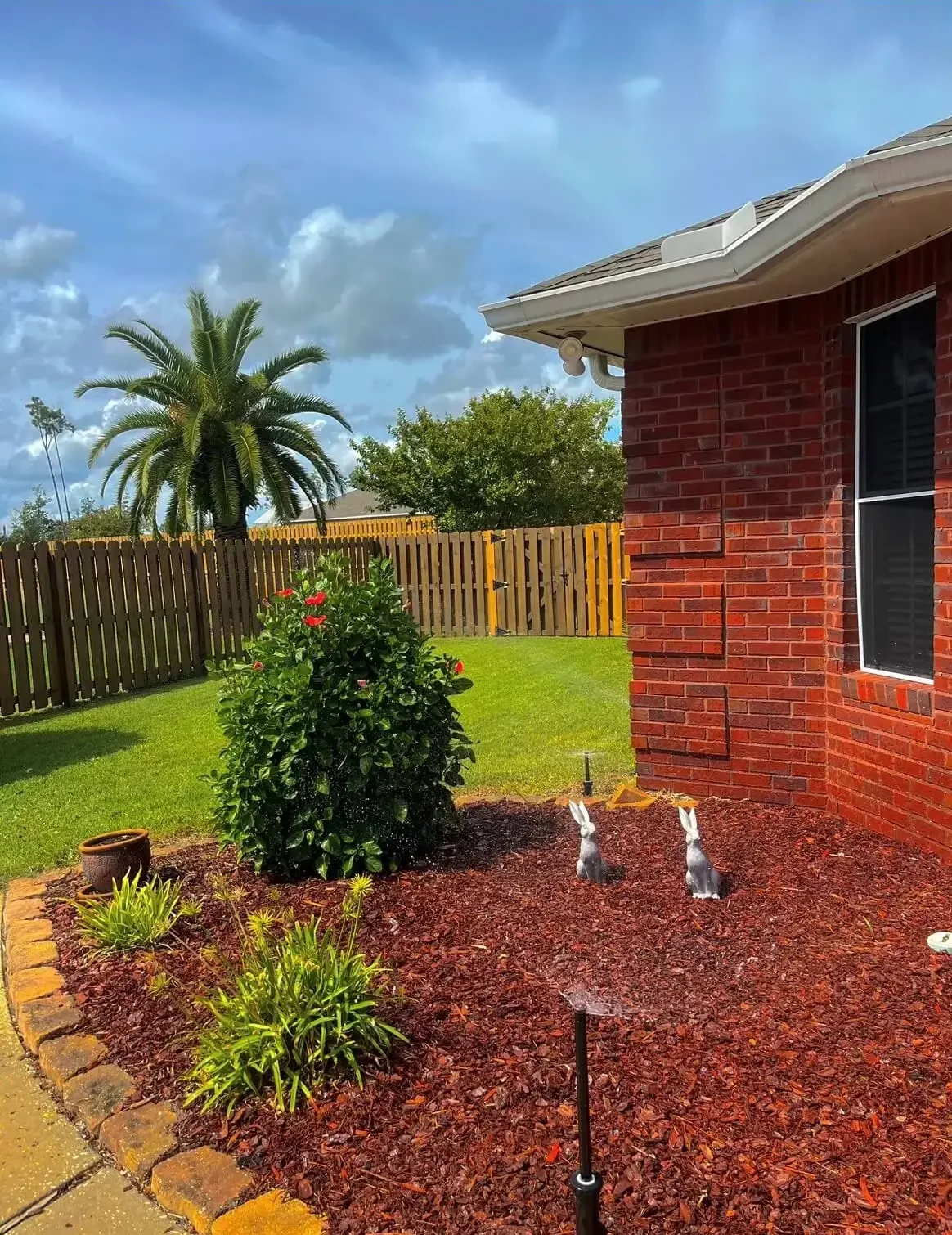Water Conservation Tips for Irrigation Systems
Efficient Watering Practices
Water conservation is a critical aspect of maintaining an irrigation system, not only for environmental reasons but also to reduce your water bills. By adopting efficient watering practices, you can ensure that your plants receive the moisture they need without wasting water.
- Using Timers and Controllers:
Automated timers and controllers are essential for optimizing your irrigation schedule. They allow you to set specific watering times that align with your plants’ needs and environmental conditions. To conserve water:- Water Early or Late: Schedule watering sessions during the early morning or late evening when temperatures are cooler and evaporation rates are lower.
- Adjust for Seasons: Modify your watering schedule throughout the year to match seasonal changes. For example, reduce watering frequency during the cooler months when plants require less water.
- Avoid Overwatering: Use soil moisture sensors or smart controllers that automatically adjust watering based on current conditions, preventing overwatering and runoff.
- Installing Rain Sensors:
Rain sensors are small devices that detect when it’s raining and automatically shut off your irrigation system to prevent unnecessary watering. By integrating rain sensors into your system, you can significantly reduce water waste and avoid over-saturating your landscape. - Opting for Drip Irrigation:
Drip irrigation systems are highly efficient because they deliver water directly to the root zone of plants, minimizing evaporation and runoff. This targeted approach reduces water usage and ensures that each plant receives the precise amount of water it needs. Drip systems are especially beneficial for gardens, flower beds, and areas with drought conditions.
Smart Irrigation Systems for Water Conservation
Advances in technology have led to the development of smart irrigation systems, which offer even greater control over water usage. Here’s how smart systems can help you conserve water:
- Features of Smart Irrigation Systems:
Smart irrigation systems are equipped with advanced features that optimize watering based on real-time data. Key features include:- Weather-Based Adjustments: Smart controllers can access local weather data and adjust watering schedules accordingly. For instance, if rain is forecasted, the system will delay watering until necessary.
- Soil Moisture Sensors: These sensors measure the moisture level in the soil and adjust watering based on the actual needs of your plants, ensuring they are neither under- nor over-watered.
- Remote Control via Apps: Many smart irrigation systems allow you to monitor and control your irrigation schedule remotely through a smartphone app. This feature is particularly useful for making quick adjustments while you’re away from home.
- How to Upgrade to a Smart System:
Upgrading to a smart irrigation system can be a worthwhile investment for both water conservation and convenience. Here’s how to make the switch:- Evaluate Your Current System: Assess your existing irrigation system to determine if it’s compatible with smart technology. Many older systems can be retrofitted with smart controllers and sensors.
- Choose the Right Smart Controller: Look for a smart controller that meets your specific needs, such as one that supports multiple zones or integrates with other smart home devices.
- Professional Installation: While many smart controllers are easy to install yourself, you may want to hire a professional for complex setups or to ensure that the system is optimized for maximum efficiency.
By implementing these water conservation strategies, you can significantly reduce your water usage while maintaining a healthy and vibrant landscape. In addition to the environmental benefits, efficient water management can also lead to cost savings on your water bills.
A well-installed and properly maintained irrigation system is the cornerstone of a lush, thriving landscape. Whether you’re installing a new system or keeping an existing one in top shape, this guide has provided you with the essential knowledge to do so effectively. From choosing the right system to performing DIY repairs and optimizing water usage, every aspect of irrigation has been covered to help you achieve the best results.
Remember, regular maintenance and smart water management not only keep your plants healthy but also conserve resources and reduce costs. If you ever encounter issues beyond your expertise, don’t hesitate to call a professional to ensure your system operates efficiently for years to come.
Investing time and effort into your irrigation system today will pay off in the form of a beautiful, sustainable landscape tomorrow. Happy watering!
Frequently Asked Questions
What is the best type of irrigation system for my lawn?
The best irrigation system depends on your lawn’s size, layout, soil type, and climate. Sprinkler systems are ideal for large, open areas, while drip irrigation is better suited for gardens and areas with water conservation needs.
How often should I check my irrigation system for leaks?
It’s a good practice to inspect your irrigation system for leaks at least once a month, especially during the peak watering season. Regular checks can help you catch and fix minor issues before they become major problems.
Can I install an irrigation system myself, or do I need a professional?
Many homeowners can install a basic irrigation system themselves, especially with the help of detailed guides and tutorials. However, for more complex systems or if you’re unsure about the process, hiring a professional is recommended.
How much does it cost to repair an irrigation system?
Repair costs vary depending on the issue, but common repairs like replacing sprinkler heads or fixing leaks can range from $75 to $400. More extensive repairs, such as replacing mainlines, can be more expensive.
What are the signs that my irrigation system needs repair?
Signs that your system needs repair include uneven watering, persistent leaks, low water pressure, malfunctioning controllers, and areas of your lawn or garden that remain dry despite regular watering.

